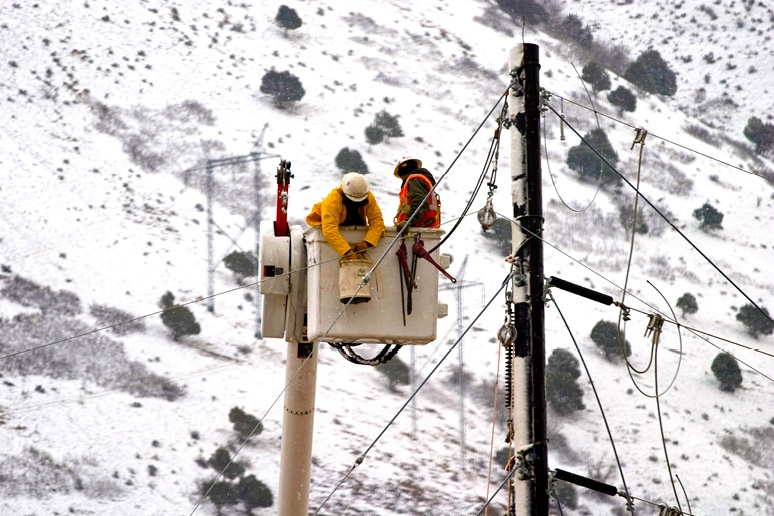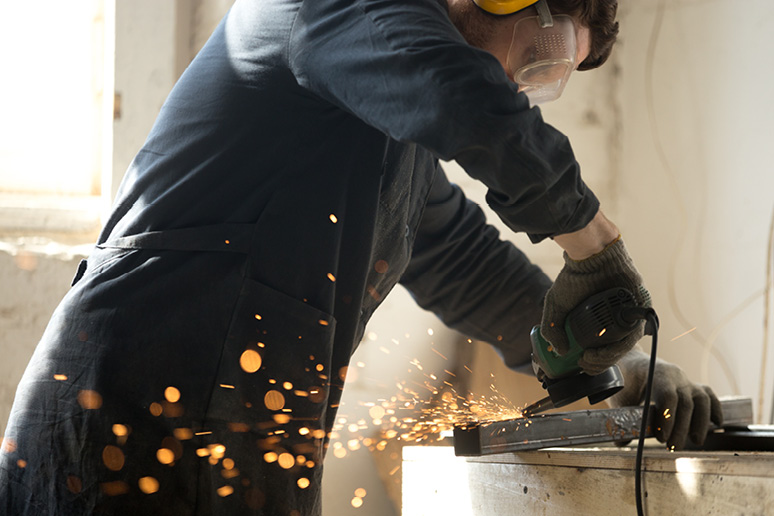We all know the dangers of working for extended periods in extreme heat and direct sunlight. But what about the dangers of working outside during winter months? Bundling up is important, but construction workers need more than a good coat and hat to stay safe when the temperatures are lower. With a brutally cold winter at the start of the year and temperatures still low in much of the United States, you may be wondering what your rights are if you were injured at your workplace at any point during or after the 2019 polar vortex. If you were hurt, contact a qualified attorney immediately to recover damages. If you are continuing to work in cold temperatures, consider the following tips.
Winter safety tips for outdoor workers
Limit periods of time spent outdoors when temperatures are extreme. Adjust schedules so that workers rotate being inside and outside more frequently.
- Employers should ensure that workers have proper gear at all times. In addition to a heavy coat, hat, and gloves, each worker should have boots with nonslip soles, and all gear should be water resistant to keep their skin dry.
- Provide a warm space for regular breaks when the weather is unpleasant. If the job site doesn’t have such a space, you may have to bring in a heated tent or trailer.
- Workers should have access to plenty of fresh water. Interestingly, they should limit coffee intake. Although it seems logical to warm up with a hot cup of coffee, caffeine can increase the heart rate, making an individual feel warmer than he actually is.
- Prior to beginning work each day, ensure that job sites are free of snow and ice or that sand has been thrown down for traction. Also, check for downed power lines or other hazards that could have occurred overnight.
- Inspect work vehicles at the start of the season and regularly throughout the winter months. In addition to ensuring that vehicles are running properly, equip each vehicle with an emergency kit, including a shovel, ice scraper, flashlight, tow chain, emergency flares, a blanket, water, a first-aid kit, and sand or kitty litter for traction.
- Ensure that workers are adequately trained on what to do if they become stranded or are in an accident.
- Workers should be trained on first aid and how to detect frostbite and hypothermia.
Construction work is dangerous all year long
The reality is, construction work always comes with added risk. In fact, it is one of the nation’s most dangerous occupations, at any time of year. Winter months add the risk of extreme cold, but summer months pose the threat of extreme heat. And in all season, construction’s “fatal four”—falls, being struck by an object, electrocutions, and getting caught in machinery—are responsible for thousands of serious injuries and deaths. In 2017, more than 20 percent of worker fatalities across all industries occurred in construction. That translates to one out of every five worker deaths.
Construction accidents are particularly problematic in larger cities, and New York City is among the worst. In fact, federal statistics reveal that construction is the city’s most dangerous job. According to DOB spokesman Joseph Soldevere, the city’s gleaming skyscrapers are part of “an unprecedented construction boom” in NYC.
“We’re taking aggressive action against bad-actor contractors and construction professionals—and calling them out publicly in monthly enforcement bulletins,” said Soldevere in a statement to the New York Post.
“Every life, injury, and accident in construction is finally being counted, because they matter,” said Ben Kallos, Upper East Side Councilman. “We can and must do better as a city to ensure proper training, on the job experience, coupled with the right to say no to danger.”
Regardless of where you live and work, construction jobs can be dangerous. By following the tips above, you can protect your workers and reduce your liability in the event of an injury accident. An experienced attorney can help you determine how to proceed if a worker is injured or killed on the job.
Contact a work injury lawyer today
If you have been injured in a cold weather-related construction accident, or in any construction accident, it is in your best interest to consult with a skilled work injury lawyer as soon as possible. Although most work injuries will qualify you for workers' compensation, even minor errors can result in reduced or delayed benefits. Further, you may be able to obtain additional compensation if negligence was a factor in your accident. An experienced work injury lawyer can help you determine your rights and options.
 By Amy Carst,
By Amy Carst, 

